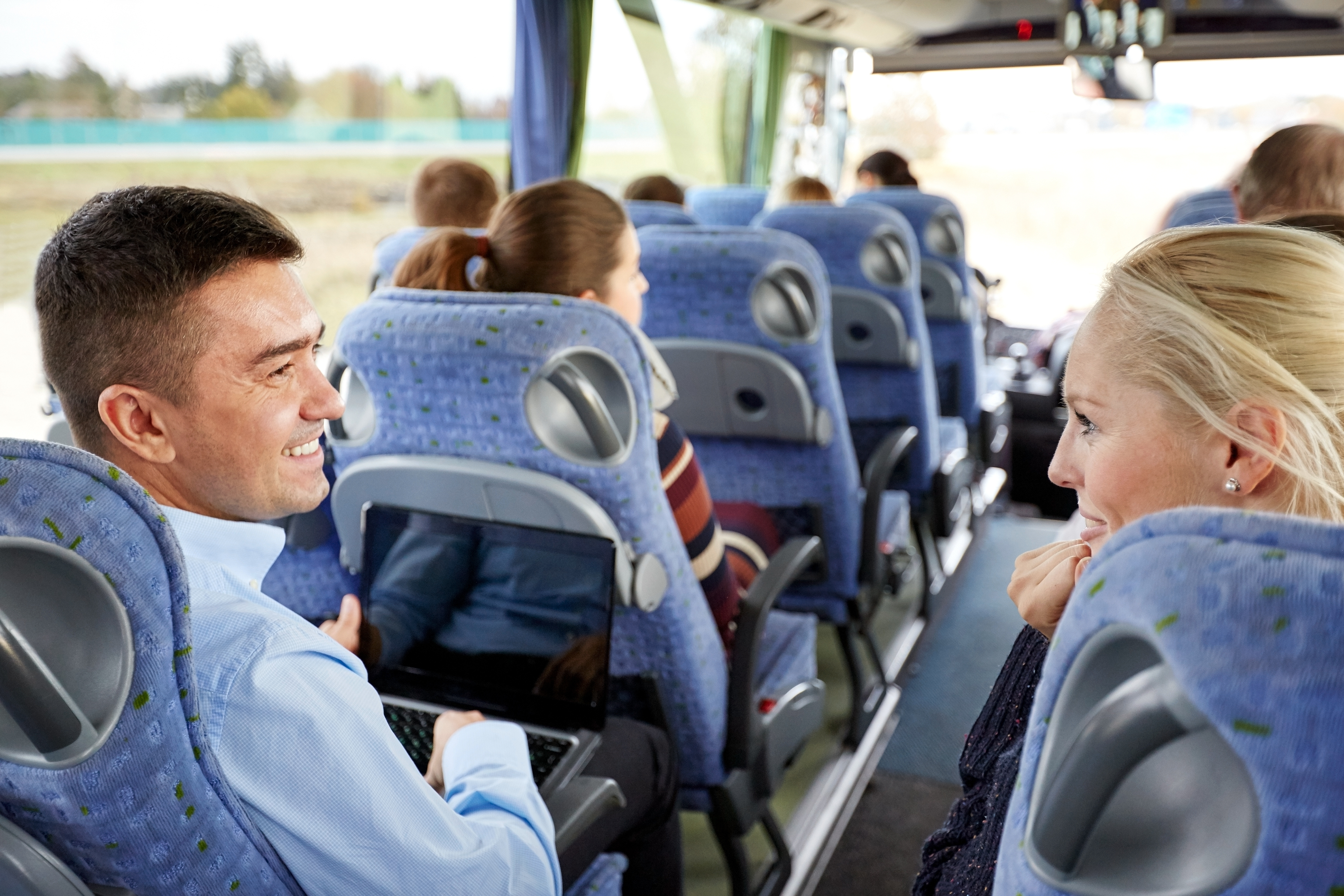June 17 2021
Alison Edwards, CPT’s Head of Policy, writes about how Clean Air Zones can succeed with policies that are fair to coaches.
Getting more people to choose cleaner, greener travel methods is key to improving the quality of the air we all breathe. We must have more people choosing to travel by coach and bus, rather than by car, if we are to reduce levels of air pollution in our towns and city centres. This Clean Air Day, CPT and our members will be highlighting on social media how bus and coach travel can play a huge role improving air quality, and what we need from government and local authorities to succeed.
The latest Euro VI diesel coaches emit less harmful emissions per vehicle than the latest diesel cars which contribute to poor air quality, and just one coach-load of people can keep up to 50 cars off the roads. It therefore makes sense to get people back on board the coach and grow passenger numbers if we are to tackle air pollution, which causes up to 36,000 deaths in the UK each year and is recognised by the World Health Organisation and UK government as the largest environmental health risk facing us today.
An increasing number of local authorities are making improvements to air quality by introducing Clean Air Zones. These zones work by charging vehicles that do not meet emission standards to enter them, with the aim of deterring the use of polluting vehicles and improving air quality within the zone.
At CPT we support the aim of Clean Air Zones, however to maximise their impact it is crucial that policies are fair on coaches. Some Clean Air Zone strategies propose charging coaches to enter them whilst leaving private vehicles exempt from charges. These strategies fail to tackle the root cause of the problem, penalise those who opt for a more sustainable transport solution and threaten the future viability of coach travel.
I am pleased to see that some Clean Air Zone proposals, such as Birmingham, are targeting all vehicles, including cars, and would encourage other local authorities who need to implement a Clean Air Zone to do the same, to safeguard our health as well as tackling air pollution.
